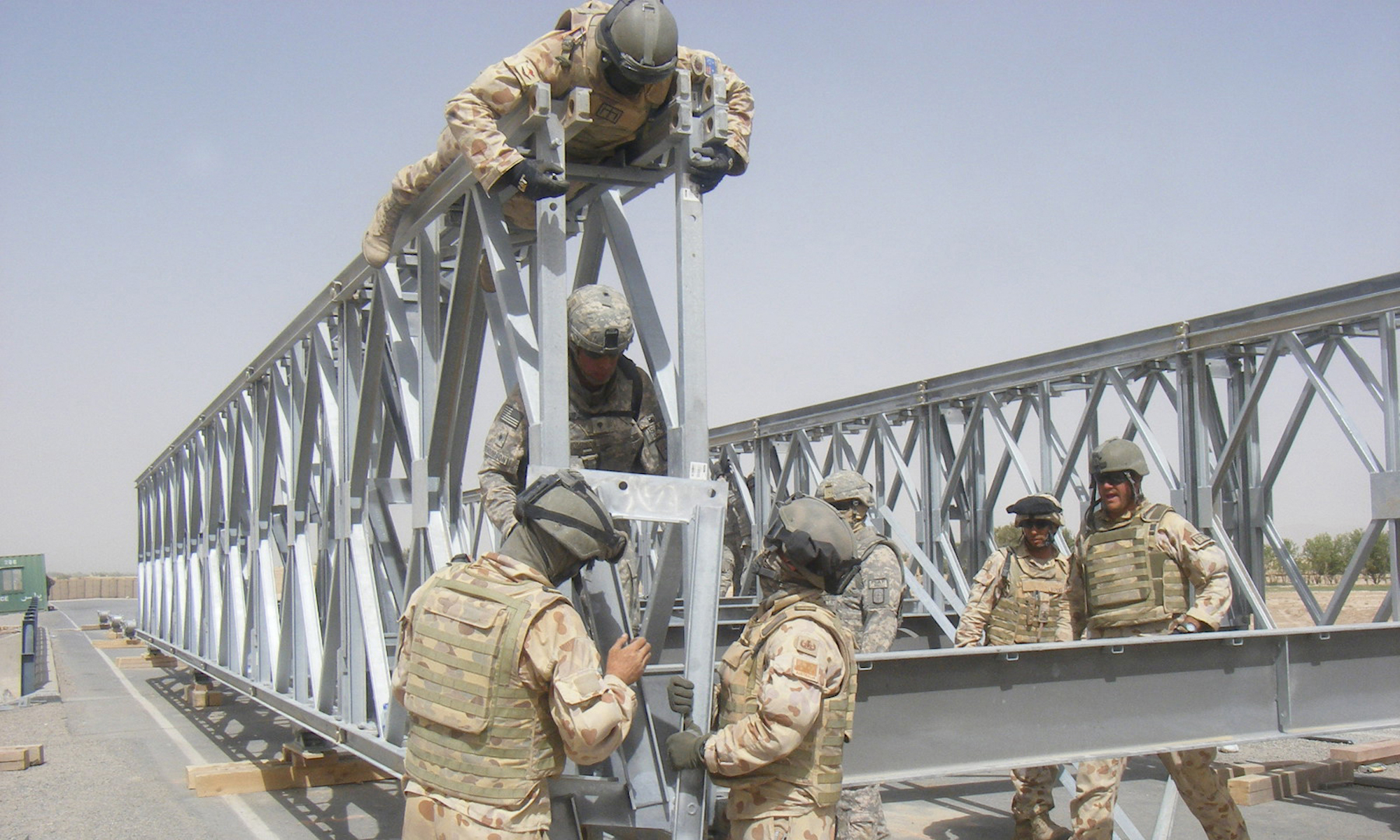This article examines the development of cooperative relationships in back-channel communication and their impact on intraparty negotiation. It draws on extensive newly available evidence on back-channel communication in the Irish peace process to expand the range of detailed case studies on a topic which is shrouded in secrecy and resistant to academic inquiry. The article analyses the operation of a secret back channel that linked the Irish Republican Army to the British government over a period of 20 years, drawing on unique material from the private papers of the intermediary, Brendan Duddy, and a range of other primary sources. The article finds that interaction through this back channel increased predictability and laid a foundation of extremely limited trust by providing information and increasing mutual understanding. Strong cooperative relationships developed at the intersection between the two sides, based to a great extent on strong interpersonal relationships and continuity in personnel. This in turn produced direct pressure for changes in the position of parties as negotiators acted as advocates of movement in intraparty negotiations. The article finds that this back channel was characterized by a short chain, the direct involvement of principals and the establishment of a single primary channel of communication and that these features combined with secrecy to generate the distinctive cooperative dynamics identified in this article. It concludes that the potential for the development of cooperative relationships is particularly strong in back-channel negotiation for two reasons; first, the joint project of secrecy creates an ongoing shared task that builds trust and mutual understanding regardless of progress in the negotiations. Secondly, as a shared project based on the explicit aim of bypassing spoilers, the process creates structural pressures for cooperation to manage internal opponents on both sides, pressures intensified by the secrecy of the process.

INSCT Postconflict Research Database
The Institute for National Security and Counterterrorism's Postconflict Research Database & Analysis Project stores cross-indexed bibliographic information on hundreds of journal articles, books, book chapters, and case reports that address the broad, interdisciplinary fields of postconflict reconstruction, stabilization, and peacebuilding.